The PhD in Aerospace Engineering at WPI gives you the tools, facilities, and support to lead independent research and advance your professional capabilities into the technology and the science of aircraft and spacecraft. The degree program is flexible and offers both full-time and part-time options so you can earn your degree while keeping up with your current responsibilities.
Our innovative and involved faculty contribute to aerospace research and currently have research under way in fluids and propulsion, dynamics and control, and materials and structure. You’ll work closely with faculty to find your best path and contribute to high-level research projects as well as developing your own body of work.

Curriculum
You can apply for the PhD in aerospace engineering with a bachelor’s degree or a master’s degree, with the bachelor’s degree requiring a longer course of study to completion of the PhD degree. The course work requires several aerospace engineering courses; graduate seminars; and proposal, completion, and defense of a dissertation. Our faculty will help you match your research interests to your professional goals so you can launch right into a career upon graduation.
Students may use these academic planners to help determine their credits:
Research for Aerospace Engineering PhD
The Aerospace Engineering PhD program allows candidates the opportunity to delve deep into original research they are particularly passionate about. Our expert faculty invite collaboration and innovation in our classrooms and state-of-the-art labs to advance aerospace engineering research.
Recent research projects:
- Intelligent algorithms placed on board UAVs to assist remote military and civilian pilots and lead to improved operational safety
- Investigation of ignition and flame propagation enhancement by plasma assisted technologies to contribute to developing modern combustion-based energy conversion devices with higher efficiency and lower emissions

Aerospace engineering students work closely with faculty to gain mastery in the fundamentals of aerospace engineering and a strong technical competency in modern aerospace components and systems.

The world is our lab. Through coursework and research, students develop technical and scientific skills to solve real-world problems.

Collaborative, hands-on project work means many great minds use their knowledge to achieve better solutions.

A degree in aerospace engineering can lead to careers in academia, industry, and business.
WPI’s aerospace engineering facilities are extensive and well funded by government partners. Researchers have access to the latest equipment and enjoy an open and encouraging atmosphere.
Our labs:
- Aerodynamics Test Facility
- Computational Fluid and Plasma Dynamics Laboratory
- CubeSat Ground Operations Room
- Fluid Dynamics Laboratory
- Fluid and Plasma Dynamics Laboratory
- Micro Fluid and Plasma Dynamics Laboratory
- Systems and Robot Control Laboratory
- Vacuum Test Facility
Faculty Profiles
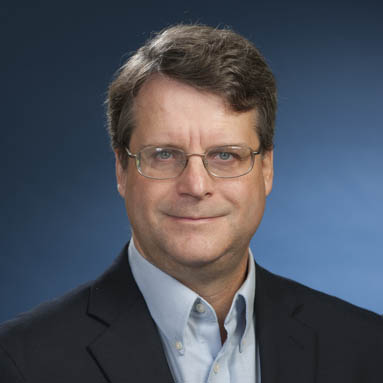
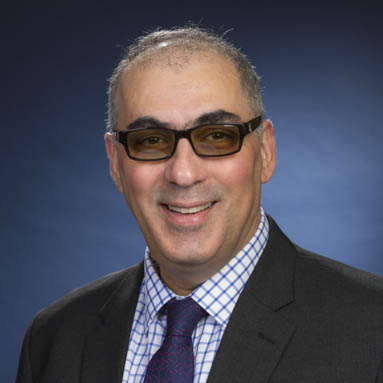

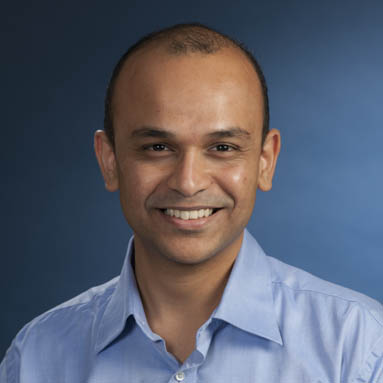
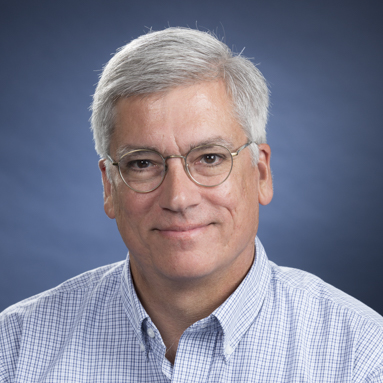

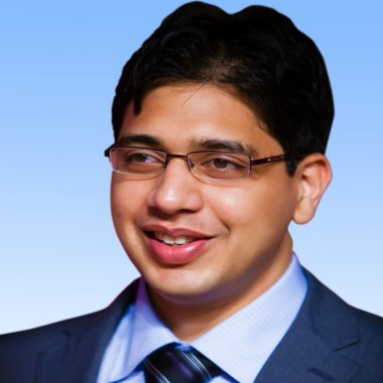

Refer a Friend
Do you have a friend, colleague, or family member who might be interested in a WPI graduate program? Click below to tell them about our programs.
Experiential PhD: Working Full-Time While Pursuing Your PhD Degree
WPI supports individuals working full-time in industry to pursue PhD degrees either part-time or full-time on topics related to their employment. Want to learn more about this opportunity and how to obtain this industry-based PhD degree, visit the WPI Experiential PhD program page.
Explore Alternative PhD Paths
Are you intrigued by evaluating design and engineering principles, but prefer to be on land? With a PhD in mechanical engineering you can use your creative talents to produce devices closer to home, for businesses, houses, and more. As a student in our PhD program, you’ll have the opportunity to lead breakthrough research alongside world-renowned WPI faculty and work to solve problems that support real industry partners.
Pursue a Master’s in Aerospace Engineering First
Do you first need to earn your master’s degree? Here at WPI, we offer a flexible part or full time master’s in aerospace engineering perfect for students who have other obligations. Our MS covers topics like turbomachinery, spacecraft propulsion, and more to encourage students to simulate their creativity into practice. Our one-on-one faculty mentorship empowers students to gain technical expertise in modern aerospace from industry experts.
Just Starting Your Career? Reach Sky High Limits with a Bachelor's.
If you have aspirations to become an aerospace engineer, flight technician, or even a design engineer, be sure to set yourself up for success with a bachelor’s in aerospace engineering. As an undergraduate student you’ll have exposure to the technical tools to learn about aircraft design, astronautics, and more. Maybe you’re intrigued by airplanes and rockets, but aren’t sure you want to major in aerospace engineering? Consider gaining a fundamental understanding of aircraft with our minor in aerospace engineering.
Have questions?
WPI's dedicated graduate student support team can help.